Treatment of Delusion: Strategies & Therapies In 2024

Treatment of Delusion: Delusions are false beliefs that persist despite contrary evidence. They can affect anyone but are more common in people with mental disorders such as schizophrenia, bipolar disorder, or delusional disorder. Delusions can cause significant distress and impairment in daily functioning and pose risks to oneself or others. Therefore, it is important to seek treatment for delusions as soon as possible.
How is delusional disorder treated?
Delusional disorder is a type of psychotic disorder that is characterized by the presence of one or more delusions that last for at least a month. These delusions are not due to substance use, medication, or another medical condition. They do not affect the person’s social or occupational functioning except for the impact of the delusions themselves. The delusions can take on various forms.
You can Also Read About Role Of Media In Shaping Masculinity
The treatment of delusional disorder depends on the type and severity of the delusions and the individual’s willingness to accept help. The primary goal of therapy is to decrease the distress and impairment caused by delusions and to prevent harm to oneself or others.
Best Treatments of Delusion
Here are the proven methods for the treatment of Delusion:
Conventional antipsychotics
Conventional antipsychotics are older drugs that were developed before the newer, atypical antipsychotics. They work by blocking the dopamine receptors in the brain, which are involved in forming and maintaining delusions. Some examples of conventional antipsychotics are haloperidol, chlorpromazine, fluphenazine, and perphenazine.
These drugs may be effective for some people with delusions. However, they have more side effects, such as movement disorders, weight gain, sedation, and hormonal changes. Therefore, they are usually only used when the newer antipsychotics are not effective or well-tolerated.
Atypical antipsychotics
Atypical antipsychotics are a newer class of drugs that work differently than conventional antipsychotics. They block dopamine and serotonin receptors in the brain, which are both involved in developing and persisting delusions. Some examples of atypical antipsychotics include risperidone, olanzapine, quetiapine, aripiprazole, and clozapine.
Don’t forget to read more about What Is Female Delusion?
These drugs are often preferred over conventional antipsychotics because they typically have fewer side effects, such as movement disorders, weight gain, sedation, and hormonal changes. However, they still have potential side effects, including metabolic syndrome, diabetes, high cholesterol, and an increased risk of infection.
Therefore, it is important to have regular check-ups with a doctor while taking these medications.
Psychotherapy for delusional disorder
Psychotherapy is a type of talk therapy that can help individuals with delusional disorders deal with the emotional and social consequences of their delusions. It can also help improve their self-esteem, coping skills, and social support. Psychotherapy techniques like cognitive-behavioral therapy (CBT), motivational interviewing, or metacognitive therapy can be used to challenge and modify delusional beliefs.
The treatment can be delivered individually, in groups, or with family members, depending on the person’s needs and preferences.
You can also read about Effects Of Male Delusion
Self-care
Self-care refers to the actions and habits that a person can adopt to improve their physical and mental well-being. These actions include eating a balanced diet, exercising regularly, getting enough sleep, avoiding alcohol and drugs, managing stress, and engaging in enjoyable activities. Practicing self-care can help a person maintain a healthy lifestyle, boost their mood, and reduce the risk of developing or worsening other medical or mental conditions that may trigger or exacerbate delusions.
You can also read about The Hidden Struggle With Toxic Masculinity
To promote self-care for people with delusions, here are some tips:
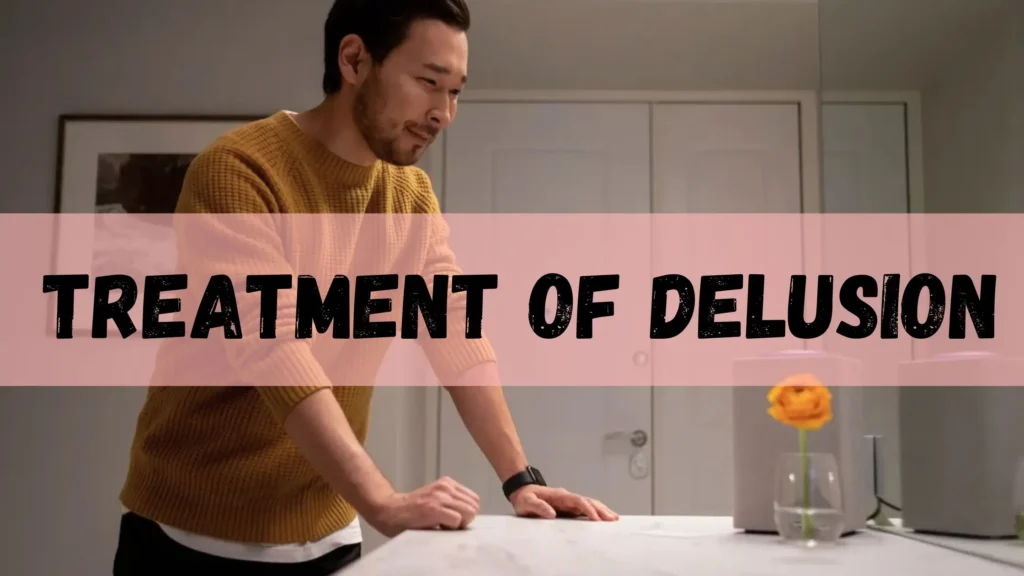
Electroconvulsive therapy (ECT)
Electroconvulsive therapy (ECT) is a medical procedure that involves passing an electrical current through the brain while the patient is under general anesthesia to induce a seizure. The treatment helps regulate brain activity and neurotransmitters associated with delusions, such as the prefrontal cortex, temporal lobe, and dopamine system.
Don’t forget to learn more about What Is Man Delusion?
ECT has proven to be effective in some cases for individuals who suffer from severe or treatment-resistant delusions or those who have depression or mania as well. The treatment is usually given two to three times per week for six to 12 sessions. While ECT may cause temporary side effects such as memory loss, headache, nausea, and confusion, these are usually reversible.
Transcranial magnetic stimulation (TMS)
Transcranial magnetic stimulation (TMS) is a non-invasive procedure that involves applying a magnetic field to the scalp to stimulate or inhibit specific regions of the brain that are associated with delusions, such as the dorsolateral prefrontal cortex, temporoparietal junction, or anterior cingulate cortex. TMS has been found to reduce the intensity and frequency of delusions while improving insight and functioning.
The treatment typically involves five sessions per week for four to six weeks and can be adjusted based on individual responses. TMS is generally safe and well-tolerated, although some individuals may experience mild side effects such as scalp discomfort, headache, or dizziness.
Deep brain stimulation (DBS)
Deep brain stimulation (DBS) involves surgically implanting electrodes in specific brain regions, such as the nucleus accumbent, ventral striatum, or subgenual cingulate cortex, that are related to delusions. These electrodes are connected to a battery-powered device that moderates electrical impulses to the brain to modulate activity and connectivity.
Don’t forget to learn more about How To Build Trust In Your Relationship
DBS has been shown to reduce the severity and persistence of delusions while also enhancing mood and overall quality of life. Typically, DBS is reserved for cases where other treatments have failed or for severe symptoms. However, it requires regular follow-up visits and carries potential risks such as infection, bleeding, or malfunction.
How to help someone with a delusional disorder
If you have a friend or family member who has a delusional disorder, you might feel confused, frustrated, or helpless. You may not know how to deal with their delusions or how to support them in seeking and receiving treatment. Here are some tips on how to help someone with a delusional disorder:
How do you overcome delusional thinking?
Delusional thinking is a cognitive distortion in which a person holds false beliefs not based on reality despite clear evidence. It can occur in anyone, but it is more common and severe in people with mental disorders.
Delusional thinking can cause significant distress and impairment in daily functioning and may even pose risks to oneself or others. Therefore, it is important to overcome delusional thinking as soon as possible.
Don’t forget to learn more about What Makes A Man Decide To Marry?
The best way to overcome delusional thinking is to seek professional help from a doctor, a therapist, or a psychiatrist. These professionals can diagnose the underlying cause of the delusional thinking, prescribe appropriate medication, and provide suitable psychotherapy to help manage and overcome the delusions.
FAQs About Treatment of Delusion
How do delusions start?
Delusions can start for various reasons, such as biological, psychological, or environmental factors. Some of the possible causes of delusions are:
Genetic factors: Family history of schizophrenia, bipolar disorder, or delusional disorder heightens delusion risk due to possible genetic predispositions affecting brain development/function.
Neurochemical factors: Imbalances in neurotransmitters (dopamine, serotonin, glutamate) distort perception, cognition, and emotion, contributing to delusions.
Substance use alters neurochemistry, inducing delusions.
Neurological factors: Brain injuries, infections, tumors, strokes, or degeneration impair brain regions (prefrontal cortex, temporal lobe, limbic system) involved in delusions.
Psychological factors: Traits like low self-esteem, high narcissism, or low agreeableness distort self-perception or reality, increasing delusion susceptibility. Cognitive biases (confirmation bias, attribution bias) reinforce delusions by selectively processing information.
Environmental factors: Trauma, stress, isolation, or deprivation trigger or worsen delusions by eliciting feelings of threat or powerlessness, prompting delusional coping mechanisms.
Can you stop a delusion?
Seeking professional help, such as from a doctor, a therapist, or a psychiatrist, can help to diagnose and treat the underlying cause of delusions.
Additionally, practicing mindfulness, keeping a reality check journal, and seeking social support can also assist in stopping delusions.
However, it is important to note that delusions can be difficult to overcome and may require patience, persistence, and a strong motivation to change.
Can delusional people be treated?
Delusional people can be treated with proper care, which may include medication, psychotherapy, self-care, and other interventions like ECT, TMS, or DBS. The treatment goals are to reduce distress and impairment and prevent harm to oneself or others. Treatment outcomes may vary depending on response, adherence, and support.
What is the delusion of control?
The delusion of control is a belief that one’s thoughts, feelings, actions, or impulses are controlled by an external force, causing irrational, bizarre, or dangerous behavior.
Can anxiety cause delusions?
Anxiety and delusions can trigger or worsen each other. Anxiety affects perception, cognition, and emotion, leading to delusions. Delusions can cause anxiety about beliefs or their consequences.
Conclusion About Treatment of Delusion
In conclusion, Delusions, false beliefs that often affect people with mental disorders such as schizophrenia or bipolar disorder, can have a profound impact on their lives. Seeking treatment is crucial to alleviate distress and prevent harm.
Effective treatments include medication, psychotherapy, and innovative procedures like ECT, TMS, or DBS. Supportive interventions, such as self-care practices and assistance from loved ones, can also help manage delusions.
Educating oneself, fostering empathy, and setting boundaries are vital in supporting individuals grappling with delusional thinking. With proper care and support, it is possible to overcome delusions and improve overall well-being and quality of life.


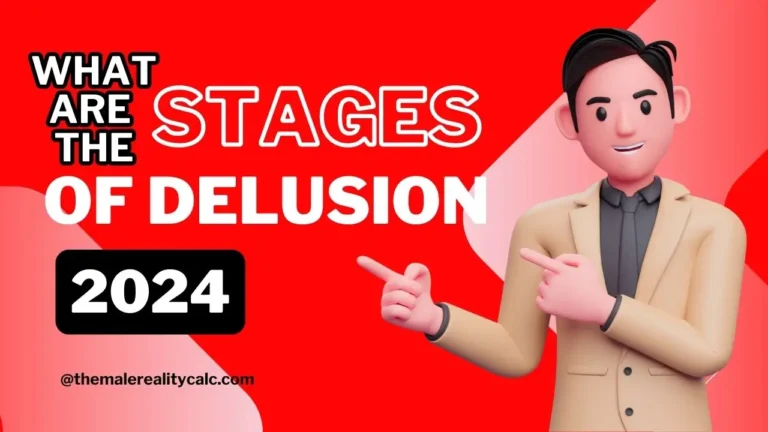
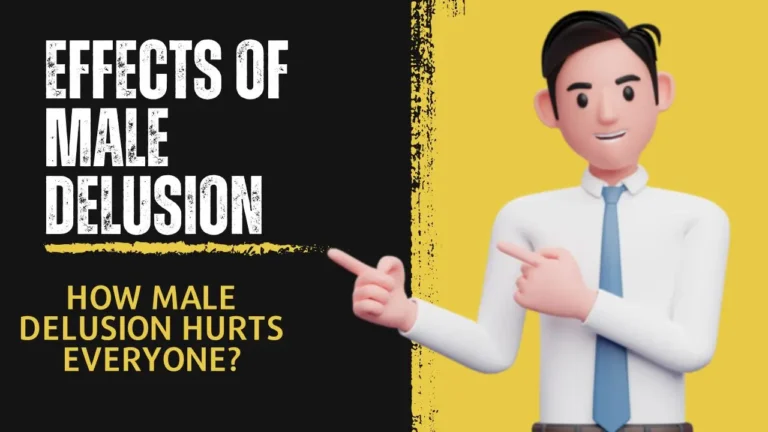
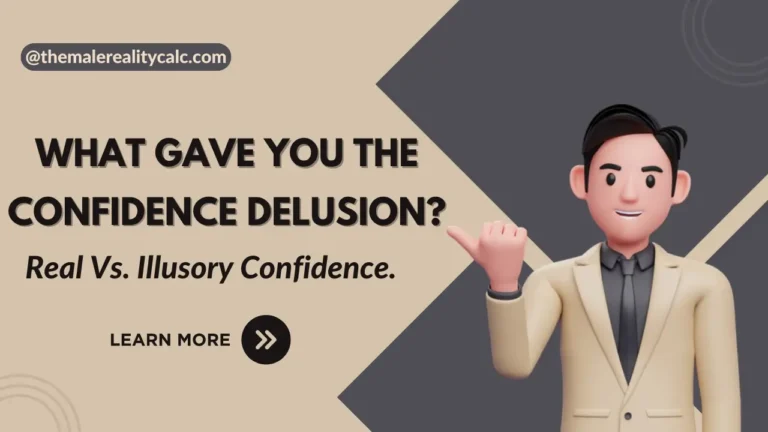
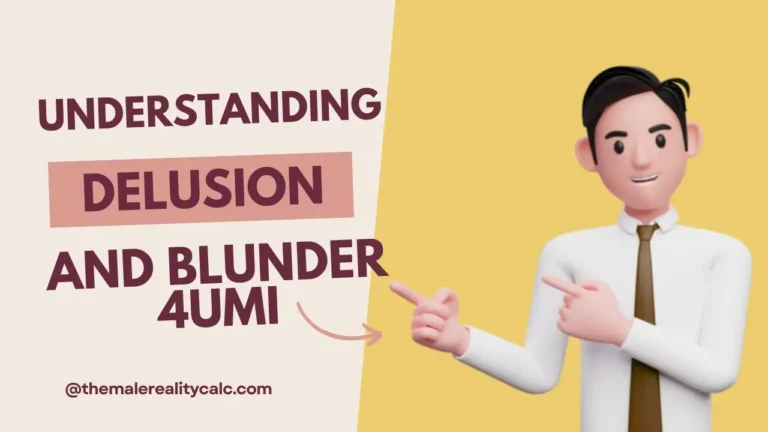
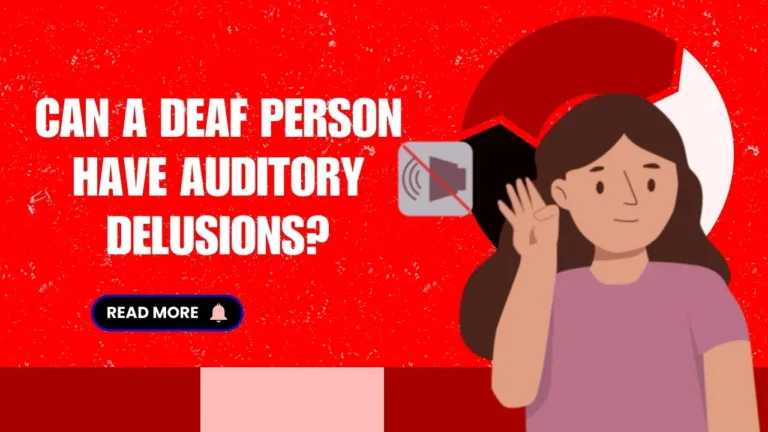
4 Comments